NBP periodically publishes short articles on nuclear energy matters which either have a geographic or topical focus. Feel free to browse through all our articles and if you would like to read on something specific, please use the search function. For example, you can search for articles relating to Africa or India or financing or SMR etc. You can also use the filter function to see articles pertaining to Asia, Africa, India or Türkiye.
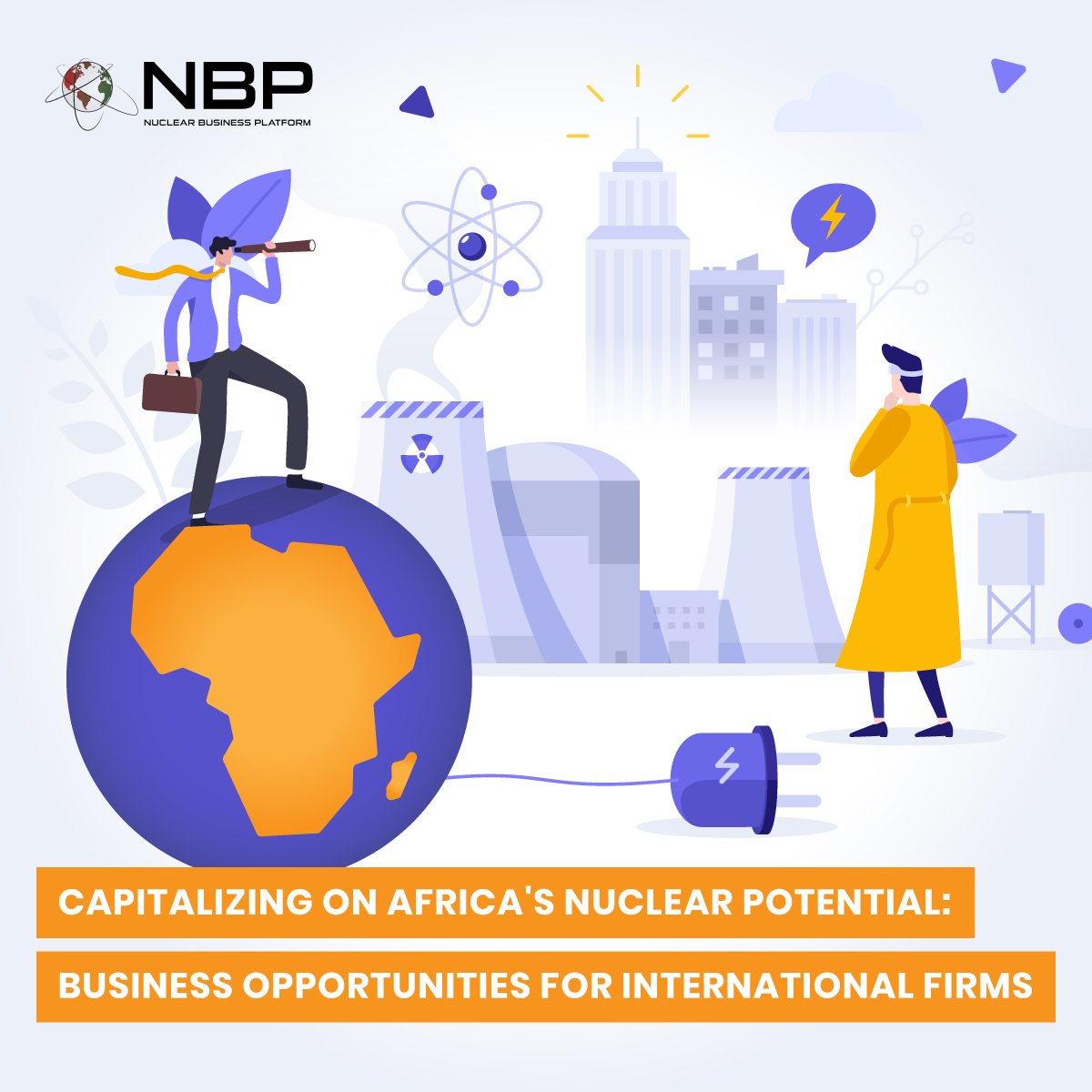
Africa's Nuclear Renaissance: Unlocking Business Opportunities for International Firms
Africa's nuclear boom demands expertise in siting, feasibility studies, and nuclear technology. International firms with these specializations can partner with African nations for their upcoming nuclear projects. The Africa Nuclear Business Platform 2024 in Accra, Ghana, offers a key venue to connect and explore these opportunities.
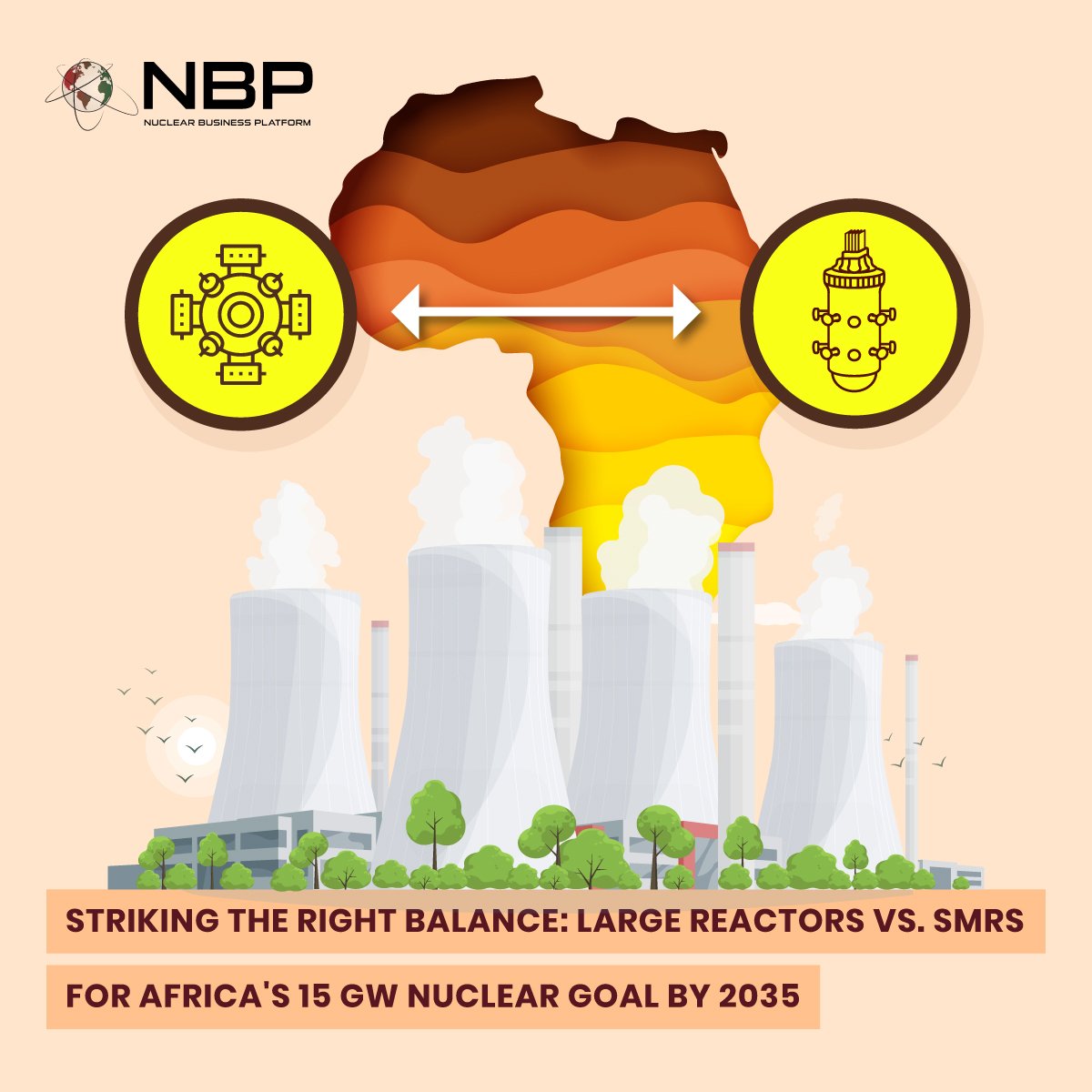
Striking the Right Balance: Large Reactors vs. SMRs for Africa's 15 GW Nuclear Goal by 2035
Africa is seeking alternative solutions to address its growing energy demands amid rapid population growth. Nuclear energy is becoming an attractive option, and countries are considering both large-scale reactors and SMRs to meet their needs. Several countries, including Ghana, Kenya, Uganda, Rwanda and South Africa, are actively pursuing plans to develop nuclear power with varying reactor sizes
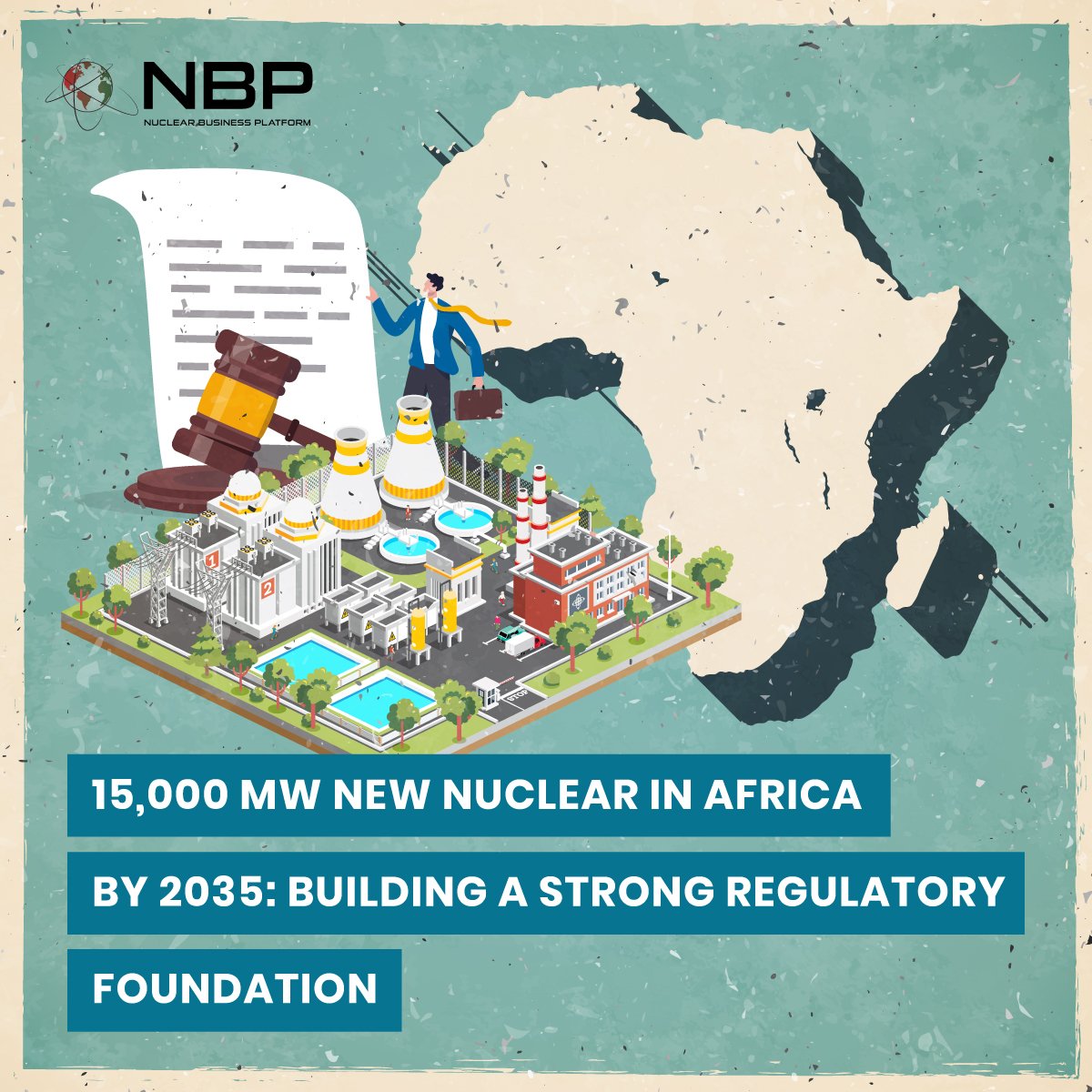
15,000 MW New Nuclear in Africa by 2035: Building a Strong Regulatory Foundation
Africa is witnessing a burgeoning interest in nuclear power. Projections indicate a remarkable addition of 15,000 megawatts (MW) of new nuclear energy capacity to the continent by 2035. A robust regulatory framework is indispensable for the African nuclear energy sector, serving as the cornerstone for ensuring the safe, secure, and efficient operation of nuclear facilities.
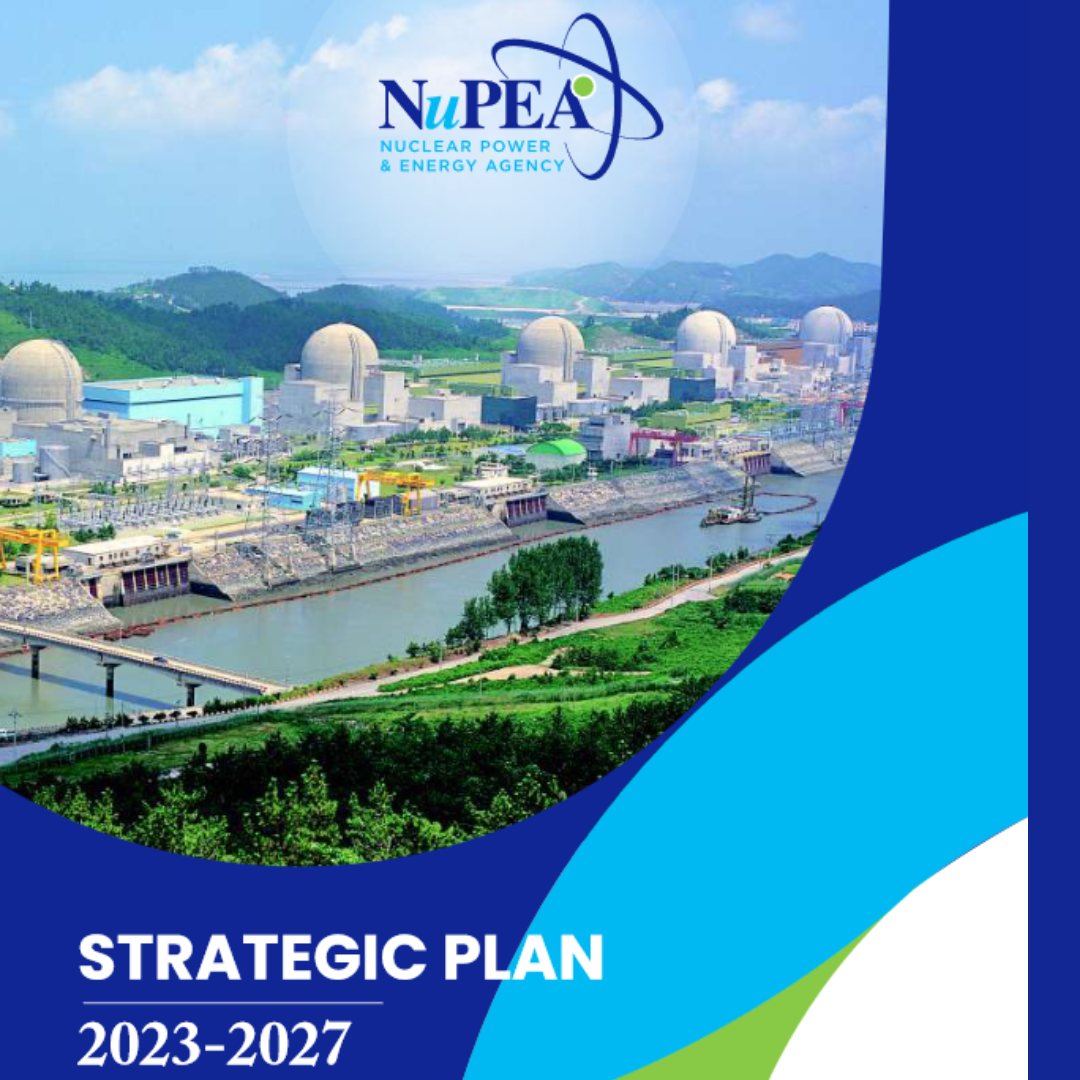
Kenya’s Nuclear Strategic Plan 2023-2027
Kenya’s Nuclear Power and Energy Agency (NuPEA) yesterday (18 March 2024) launched its Strategic Plan 2023-2027 to provide direction in alignment to the fourth Medium Term plan and the Bottom-Up Economic Transformation Agenda (BETA).
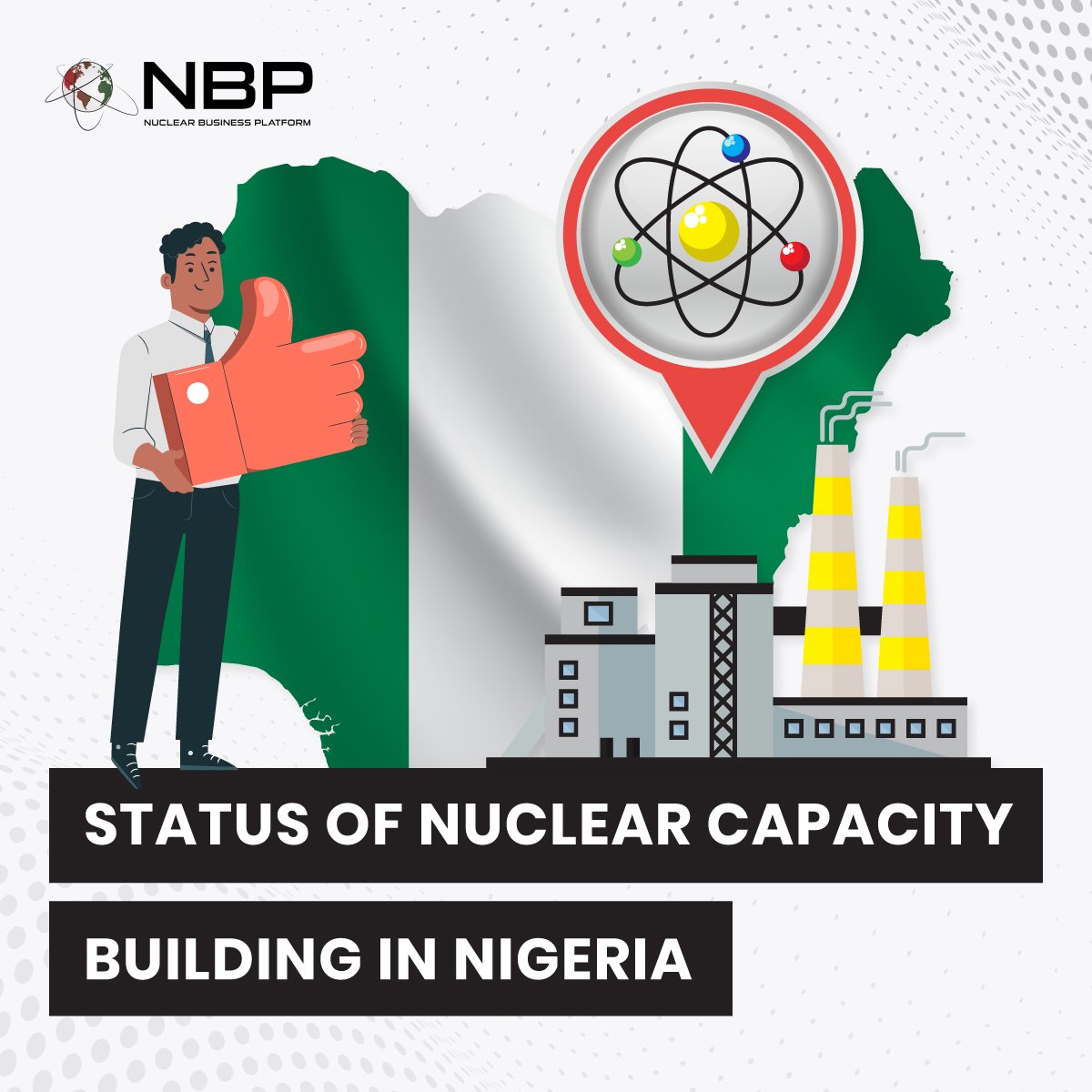
Status of Nuclear Capacity Building in Nigeria
As Nigeria sets its sights on integrating nuclear energy into its energy mix, the importance of robust human resource development cannot be overstated. Through judicious collaboration, Nigeria possesses the opportunity to fortify its initiatives in nuclear human resource development ultimately contributing to the sustainable growth of its nuclear energy sector and broader socioeconomic development.

Would Rwanda become a hub for global SMR vendors?
Rwanda's strategic move towards integrating SMR technologies positions it as a potential hub for global vendors. With a meticulous focus on comprehensive studies and workforce development, Rwanda is poised to play a key role in shaping the future of nuclear energy in Africa, presenting significant opportunities for global vendors.

The African Nuclear Energy Funding Initiative
The African Nuclear Energy Funding Initiative (ANEFI) agreement supports the development of multinational repositories for high level nuclear waste in Africa as a way to promote regional governance and secure financing for vital infrastructure development.
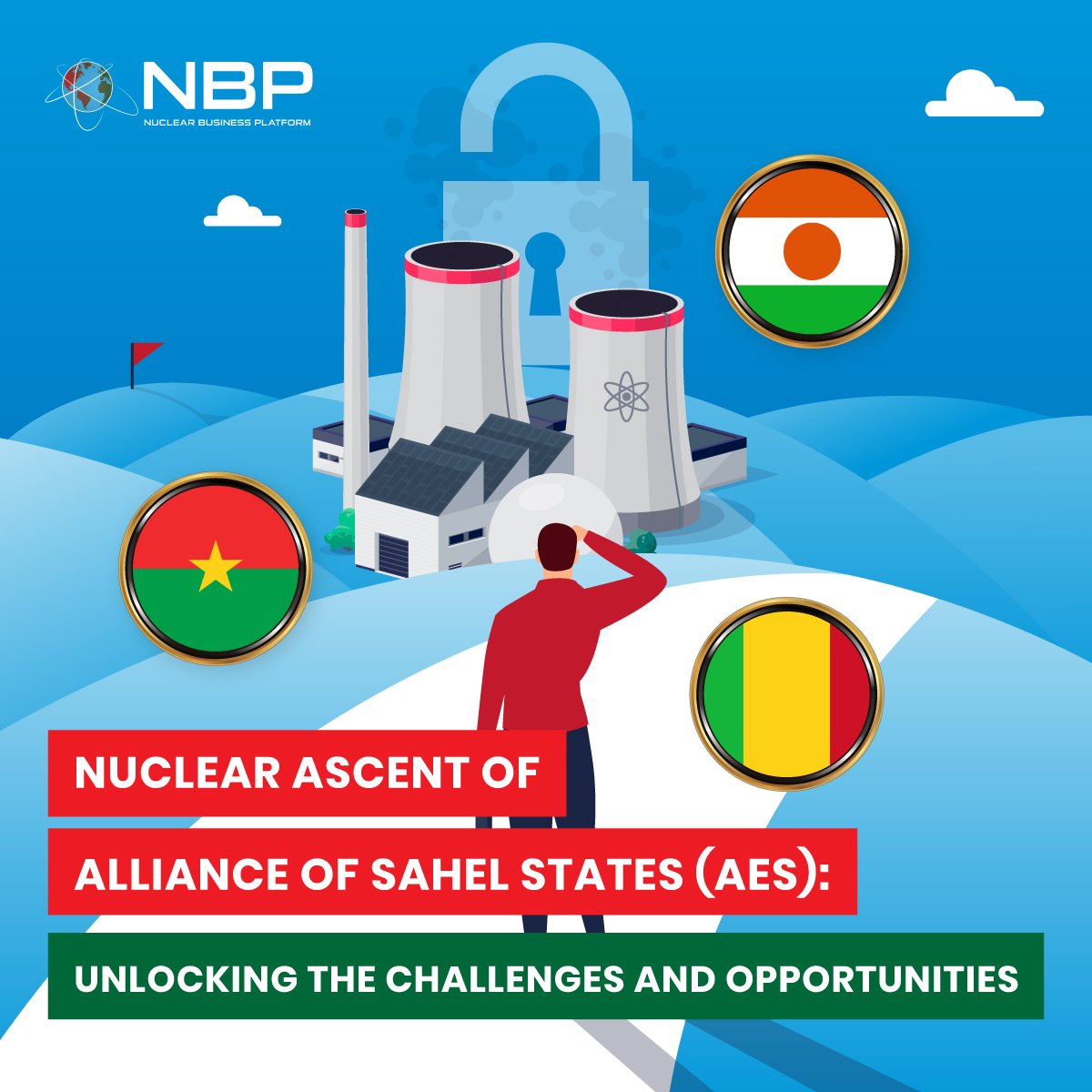
Nuclear Ascent of Alliance of Sahel States (AES): Unlocking the Challenges and Opportunities
The Sahel region, a region that has often been overlooked by the international community, suffers from a significant energy deficit. Efforts to address the energy deficit in the Sahel have been underway, with initiatives focusing on carbon free energy sources such as solar, wind power, and recently nuclear power.

Nuclear Workforce Advancement in East Africa: Opportunities for Global Collaboration
The energy landscape in Africa is undergoing a transformative phase, with an emphasis on incorporating nuclear into the energy mix. Establishing a robust human resource infrastructure is crucial, given the unique requirements of the nuclear power industry. Specific characteristics of nuclear personnel, industry demands, and risks in financing pose challenges to human resource development.

Ghana’s Aspiration to be the West African Regional Hub for Nuclear Energy
Ghana is actively engaged in the integration of nuclear energy into its energy portfolio. The government has formulated the Ghana Nuclear Power Agenda, providing a roadmap for the establishment of the country's first nuclear power plant. The government's decision to commission a Nuclear Power Plant by the early 2030s reflects a significant stride toward realizing clean and reliable energy access.

Business Implications of Public Engagement in Africa’s Nuclear Sector
As African countries approach the prospect of adopting nuclear energy to fuel their growing economies, the role of public engagement and outreach programs in the nuclear energy sector becomes increasingly crucial. These initiatives serve as a vital conduit connecting the scientific community, policymakers, and the public, in order to facilitate essential dialogue for the advancement and acceptance of nuclear energy.

Kenya's Nuclear Future: Opportunities for Global Collaboration in Human Resource Development
Kenya is actively advancing its human resources, education, training, and research capabilities. Currently positioned at Phase 2 of the IAEA milestone approach, Kenya aims to have nuclear power by 2031, commencing construction in 2027.

Nuclear Power in Africa: Managing Waste and Seizing the Billion Dollar Industry Opportunity
The responsible handling of nuclear waste emerges as a critical consideration that requires early attention for countries planning for new nuclear programs. As 21 African nations explore the possibilities of nuclear power, it is crucial to emphasize the need to incorporate nuclear waste management considerations from the inception of these programs.
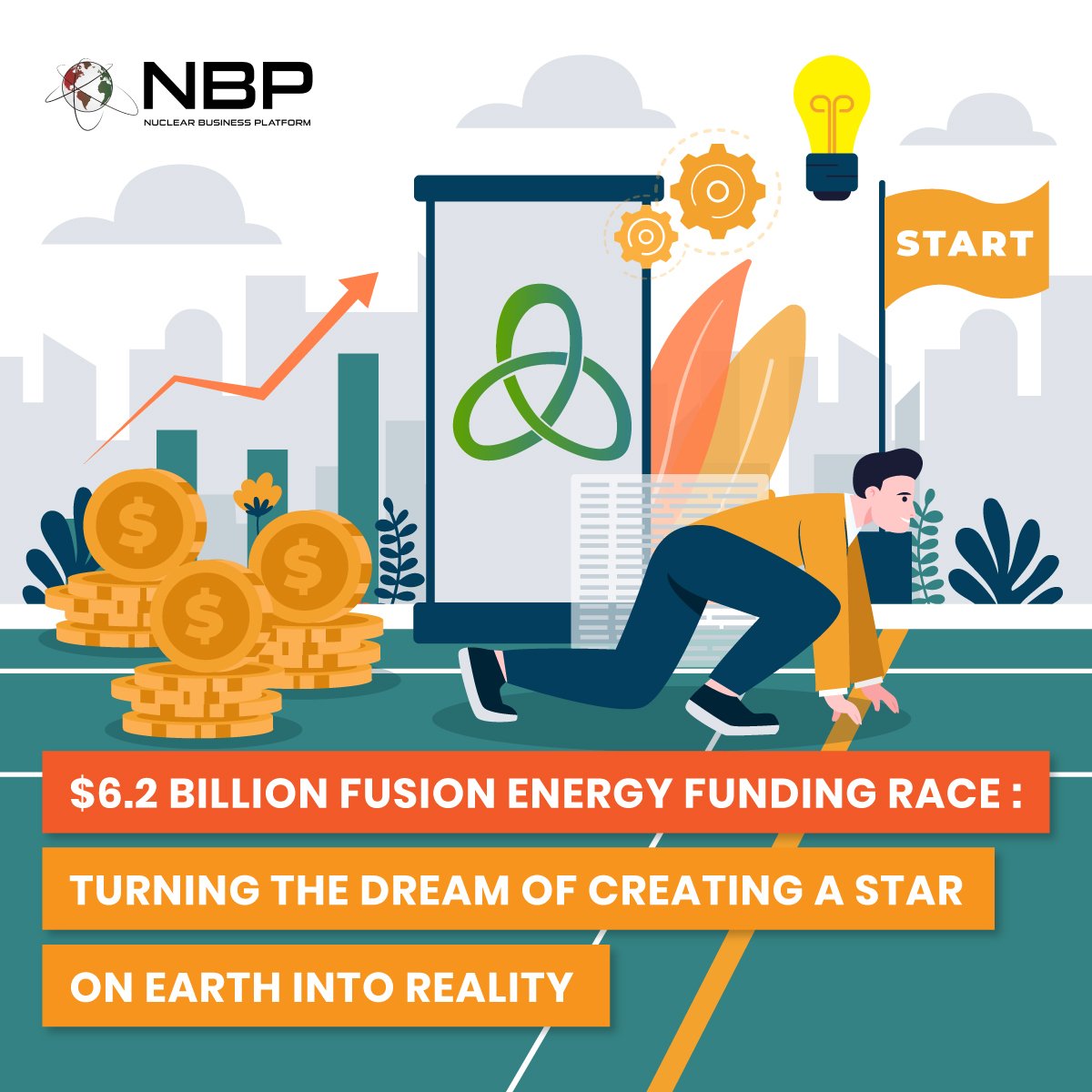
$6.2 Billion Fusion Energy Funding Race : Turning the Dream of Creating a Star on Earth into Reality
There is currently a global race to both develop and eventually commercialize fusion (by 2030s) as a carbon-free, safe, and virtually unlimited energy source. To date, more than 35 private fusion companies have collectively raised over $2.4 bn. Additionally, governments around the world have committed public funds, bringing the total investment in fusion to over $6.2 bn.

Advancements in African Nuclear Energy: A Comprehensive Overview of 2024 Developments
The year 2023 proved to be a remarkable period for nuclear energy in Africa, witnessing substantial progress in tackling energy crises, advancing sustainable development goals, and making significant contributions to global initiatives aimed at combating climate change. In this article, we aim to comprehensively explore the noteworthy recent developments unfolding in the nuclear landscape of African countries throughout the preceding years. Moreover, we will turn our gaze toward the horizon of 2024, a year poised to play a pivotal role in shaping the trajectory of nuclear expansion across the continent. As we navigate the unfolding narrative, it becomes evident that 2024 holds substantial significance for the African nuclear landscape, with key expectations and milestones set to mark this critical juncture.

South Africa's Strategic Initiatives for Sustainable Energy Development
In pursuit of a resilient and sustainable energy future, the South African government has embarked on an extensive array of strategic initiatives and policies aimed at fortifying its nuclear energy sector.

Advancing Nuclear Energy in Africa: A Comprehensive Overview
The African continent is currently experiencing an upswing in interest and commitment towards incorporating nuclear energy into their national power generation strategies. NBP has elaborated a ranking method which highlights the potential of African countries.

Strategic Imperatives for Africa's Nuclear Energy Advancement: A Focus on Public-Private Partnerships
The realization of Africa's nuclear energy ambitions is confronted by a formidable challenge—mobilizing the substantial capital required for nuclear power development and transmission infrastructure. With traditional government funding proving inadequate, the pivotal role of Public-Private Partnerships (PPPs) emerges as a strategic solution. In this discourse, we delve into the nuanced dynamics of PPPs, elucidating their significance in addressing the financial complexities, fostering technology transfer, and mitigating risks associated with Africa's nuclear energy pursuits.

Empowering Africa's Energy Future: Early Engagement of SMR Vendors and the Prospect of Prototype Demonstrations
Early engagement between SMR vendors and African countries is mutually beneficial. For vendors, it establishes a foothold in a new market and provides valuable experience in developing countries. African countries benefit by building local expertise and securing a reliable source of clean energy.

Uganda's Nuclear Aspirations: A Path to Sustainable Development
Uganda is faced with the dual challenge of meeting the energy demands of its burgeoning population and ensuring sustainable development. The country's total installed power generating capacity, primarily from hydroelectricity, is estimated to be around 1268 MW(e) as of December 2020. However, with an annual electricity demand growth rate of 15%, Uganda is exploring nuclear energy as a strategic component of its energy mix.
